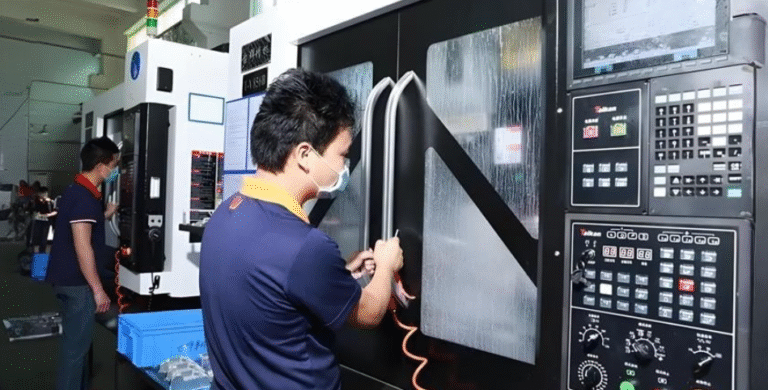How a SEO AI Agent Content Outline Improves Scalable SEO Planning
Content creation remains one of the most demanding aspects of SEO. Researching topics, defining structure, aligning keywords and keeping consistency across dozens of articles can quickly become overwhelming. When everything is done manually, quality varies and deadlines slip.
Automation changes this process entirely. It allows teams to move from reactive content planning to proactive structure design, guided by data and intent rather than guesswork. Instead of guessing which sections to include or how to balance topics, an intelligent system does the groundwork in seconds.
A seo ai agent content outline combines keyword clustering, competitive structure analysis and semantic data into a ready-to-use framework for writers. It transforms raw research into clear, optimized outlines that speed up production and strengthen topical authority.
Why Traditional Content Planning Slows Teams Down
Most SEO departments rely on spreadsheets, keyword tools and manual coordination between strategists and writers. This approach is slow, fragmented and easy to lose control over as the content library grows. Outlines may differ in structure, depth or style, confusing both readers and search engines.
Automated systems eliminate this inconsistency. They generate outlines directly from performance and search data, ensuring that every new piece fits perfectly within the overall site strategy. Each outline aligns with search intent and includes the topics that actually matter to the audience.
The Real Cost of Manual Outlines
When planning depends on individual effort, scaling content becomes expensive. Hours are lost each week verifying coverage, balancing keywords and correcting poorly structured drafts. Automation provides a unified foundation so that every new article starts from an optimized framework instead of a blank page.
See also: Top Reasons to Study a Master of Science in Data Science in Singapore’s Thriving Tech Hub
What an AI Agent Does in the Planning Process
AI agents analyze hundreds of SERP results, entity relationships and internal data to build outlines that combine readability with SEO precision.
1. Keyword and Intent Clustering
The agent groups related queries by user intent, identifying both core and supporting terms that belong in one article. This keeps each piece focused while ensuring comprehensive topic coverage.
2. Structural Pattern Recognition
By examining high-performing competitors, it detects which heading structures resonate with both readers and algorithms. The output is a balanced flow of sections that improves clarity and retention.
3. Semantic Expansion
The system introduces related subtopics, FAQs and contextual terms that strengthen the article’s authority without keyword stuffing.
4. Integration with Existing Content
AI ensures that new outlines don’t overlap with published material, reducing cannibalization and preserving focus across clusters.
Benefits for Writers and Editors
Writers save time by working from a clear blueprint. Editors spend less time correcting SEO fundamentals and more time refining tone or storytelling. The result is consistent, efficient production that maintains brand quality while improving visibility.
Cross-Team Advantages
A centralized outlining system connects SEO, marketing and content management. Stakeholders can preview structures before writing begins, ensuring alignment with campaign goals and upcoming launches. This transparency keeps all departments synchronized.
When to Introduce AI-Generated Outlines
Teams should adopt automated outline generation when they scale beyond ten or twenty articles a month, handle multilingual sites or face constant reformatting issues. The earlier the process is standardized, the easier it becomes to maintain momentum without sacrificing depth.
Addressing Common Misconceptions
Myth: Automated outlines limit creativity.
Truth: They only handle structure; creativity remains entirely human.
Myth: Every outline looks identical.
Truth: AI tools generate unique outputs based on data and intent.
Myth: Automation removes the need for strategists.
Truth: It enhances their role by removing repetitive work and letting them focus on insights.
Measuring the Value of Automation
Success can be measured through metrics like outline preparation time, editorial revisions per article, publication frequency and ranking improvements per topic. These numbers show how structure consistency drives measurable SEO gains.
Implementation Roadmap
- Connect analytics and keyword sources.
- Choose top-performing topics for testing.
- Generate outlines and review for tone alignment.
- Train writers on how to apply them efficiently.
- Evaluate improvements in workflow speed and content quality.
This cycle refines the model until it fits the team’s exact needs.
Conclusion
Creating structured, optimized, and scalable content manually is no longer realistic. Automation provides a foundation that turns data into action. A seo ai agent content outline gives SEO teams a proven, efficient way to plan and organize their strategy without sacrificing creativity. It ensures every article contributes to visibility, consistency, and long-term growth.






